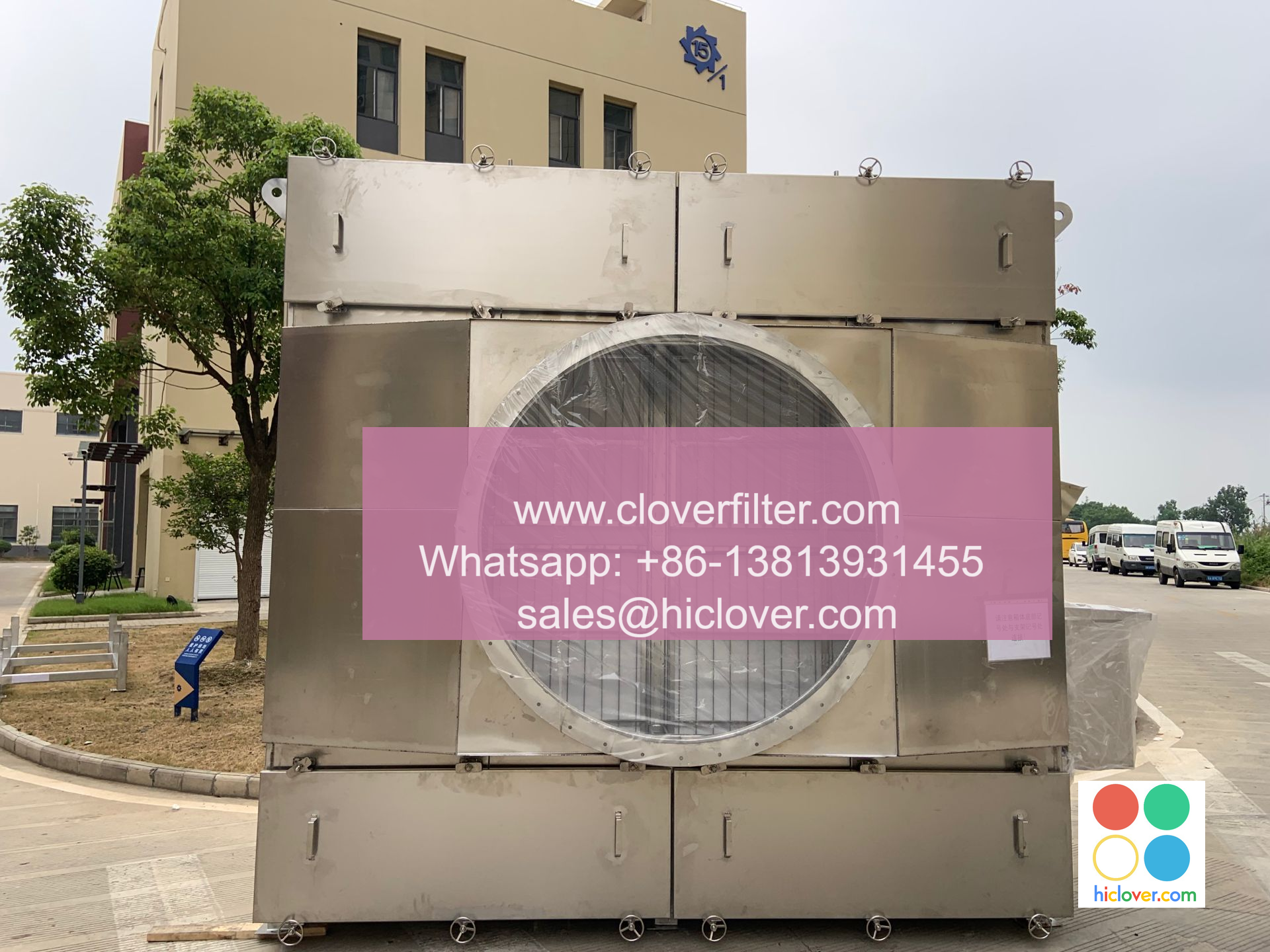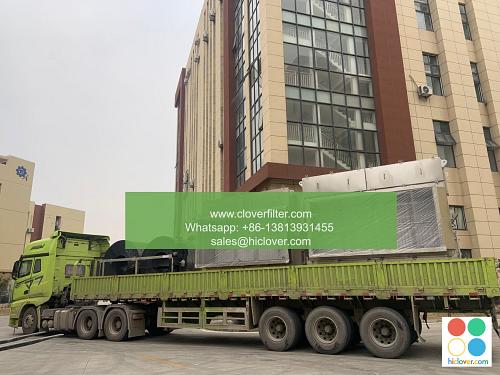How to Become an Air Filter Expert

In today’s world, where indoor air pollution and airborne contaminants are a growing concern, the demand for air filter experts is on the rise. As an air filter expert, you will play a crucial role in ensuring the indoor air quality of homes, offices, and industries, thereby protecting the health and wellbeing of occupants. In this article, we will guide you on how to become an air filter expert and explore the various application areas of this expertise.
Understanding the Basics of Air Filtration
To become an air filter expert, you need to have a solid understanding of the principles of air filtration. This includes knowledge of filter media, filtration mechanisms, and airflow dynamics. You should be familiar with different types of air filters, such as HEPA filters, activated carbon filters, and ultrafine particle filters. Additionally, you should understand the importance of filter maintenance and replacement schedules to ensure optimal air filtration performance.
Key Skills and Knowledge Areas
To excel as an air filter expert, you should possess the following key skills and knowledge areas:
* Aerosol science and particle technology
* Fluid dynamics and airflow modeling
* Materials science and filter media selection
* Indoor air quality monitoring and assessment techniques
* Filter testing and certification standards, such as ASHRAE and ISO 16890
Application Areas of Air Filter Expertise
Air filter expertise has a wide range of applications across various industries, including:
* Residential and commercial HVAC systems
* Industrial air pollution control
* Cleanroom technology and pharmaceutical manufacturing
* Automotive and aerospace industries
* Medical and healthcare facilities
Education and Training
To become a certified air filter expert, you can pursue various education and training options, such as:
* Online courses and webinars on air filtration and indoor air quality
* Professional certifications, such as Certified Air Filter Specialist (CAFS) or Certified Indoor Air Quality Professional (CIAQP)
* Workshops and conferences on air filtration and related topics
* On-the-job training and mentorship programs
Conclusion
Becoming an air filter expert requires a combination of theoretical knowledge, practical skills, and hands-on experience. By understanding the principles of air filtration, key skills and knowledge areas, and application areas, you can unlock the secrets of indoor air quality and make a meaningful contribution to the field. With the growing concern about indoor air pollution and airborne contaminants, the demand for air filter experts is expected to rise, making this a rewarding and challenging career path. It seems like you forgot to include the prompt. Please go ahead and provide the prompt, and I’ll be happy to assist you!

